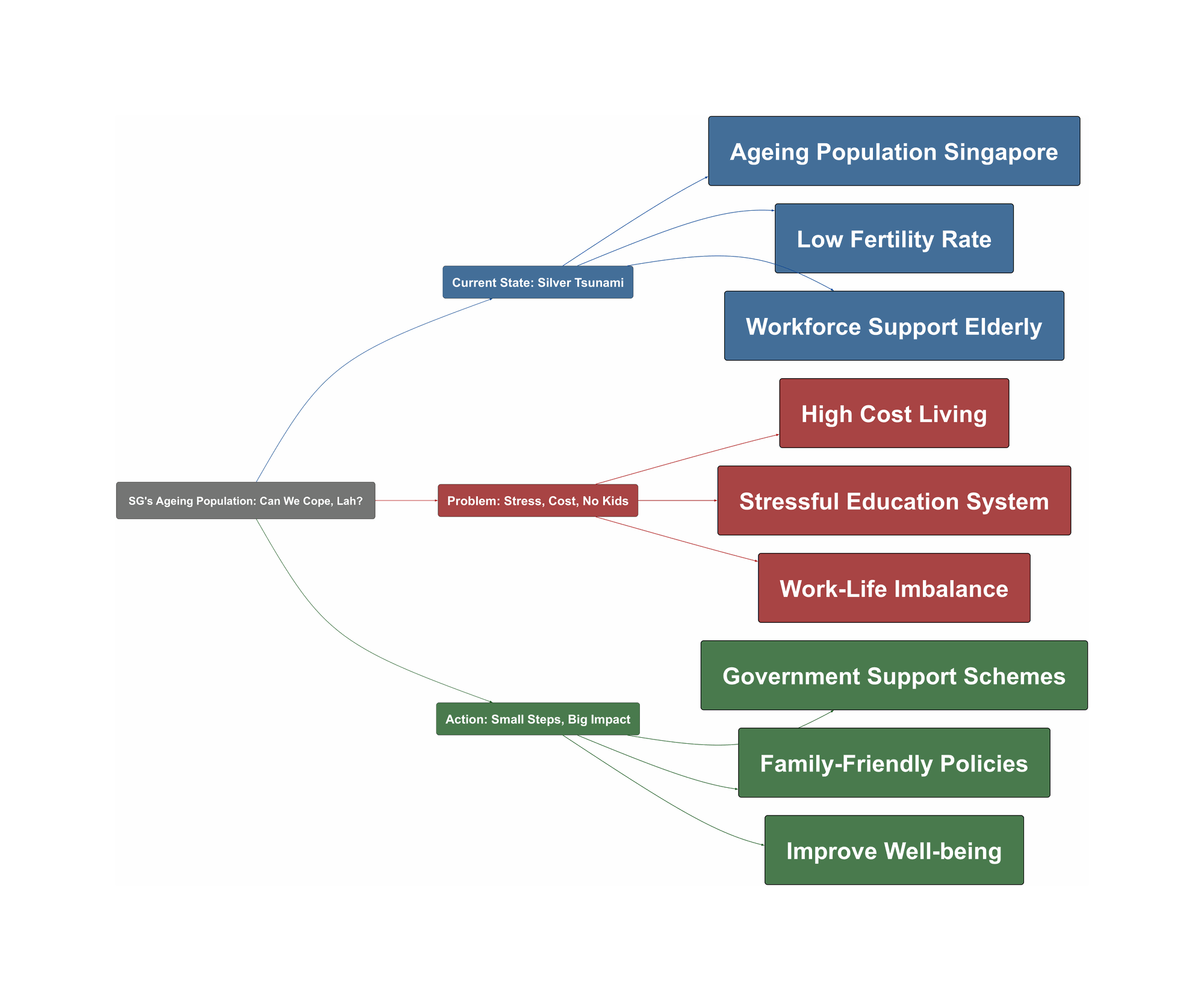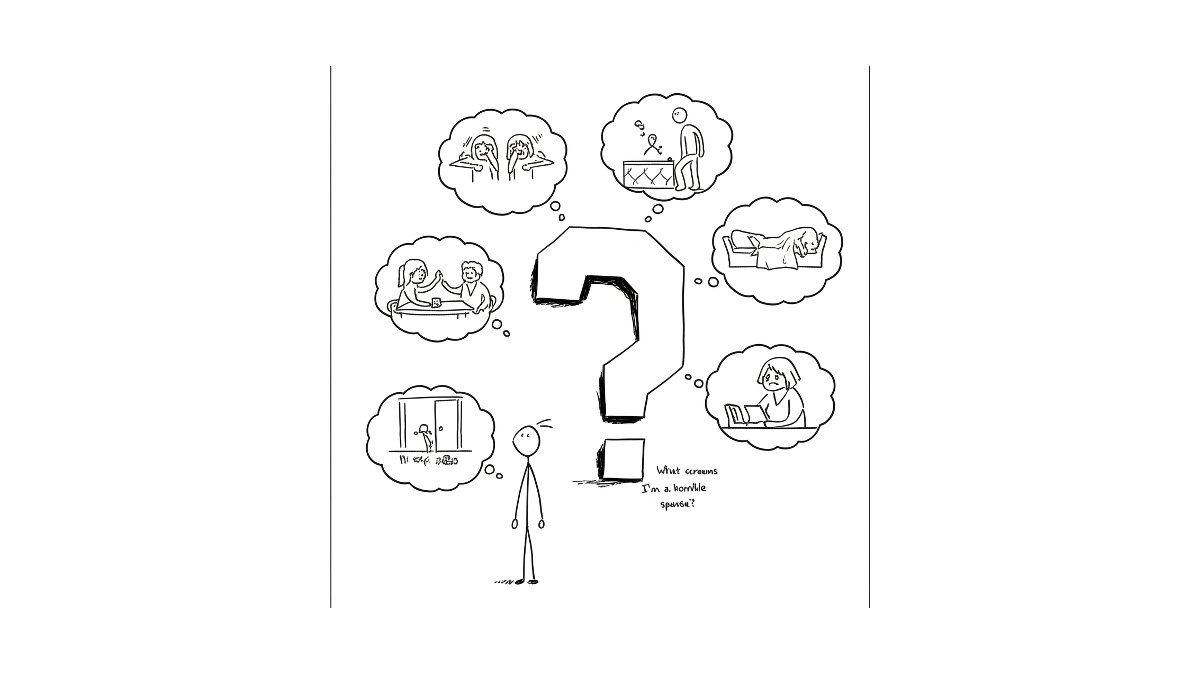See more uncles and aunties than kids these days? You’re not alone. Singapore’s ageing population is becoming super obvious, especially in older estates. But what’s causing this, and can anything be done about it? Let’s break it down, Singapore-style.
Current State: Silver Tsunami
- Singapore is facing a rapidly ageing population.
Official statistic: By 2030, 25% of Singapore’s population will be aged 65 and above.
- The proportion of residents aged 65 and above increased from 8.8% in 2009 to 18.4% in 2022.
- You might notice fewer kids running around, especially in mature estates like Bishan.
I was just walking around Bishan and it really hit me how severe the ageing population situation in Singapore is. Every direction I looked I could see more than 5 elderly walking around and barely and kids walking around.
This isn’t just a feeling; the numbers confirm it. While some newer estates like Punggol have more young families, the overall trend is undeniable. We’re getting older, faster.
Problem: Stress, Cost, No Kids
- High cost of living and stressful education system discourage couples from having children.
Young couples don’t want to have kids because it’s expensive and stressful. They want to make sure their kids have a good education, and are set for life and that in itself is a good 18+ years of stress i think.
- Singapore’s fast-paced, competitive society contributes to stress and long working hours.
- This creates a vicious cycle: fewer children mean a smaller workforce to support the elderly.
It will get worst. It a vicious cycle, not enough child = not enough adult = not enough workforce = not enough ppl to support elderly. GG
The pressure to succeed, coupled with rising expenses, makes raising a family a daunting prospect for many Singaporeans. Government initiatives are trying to help, but are they addressing the root cause?
Action: Small Steps, Big Impact
- Explore government support schemes and subsidies for childcare and education.
- Consider living in newer estates with more family-friendly environments and amenities.
- Focus on personal well-being to manage stress and improve work-life balance.
That’s why we’re seeing all sorts of new measures happening in recent years. Like Healthier SG that progressively increases your health benefits starting from 40 years old, more senior-friendly infrastructure in many places especially HDB estates, raising the retirement age to 70 so that the burden on the workforce will be slightly reduced, etc.
- Support policies that promote work-life balance and reduce societal pressure on young families.
While there’s no easy fix, small changes can make a difference. By prioritizing well-being and supporting family-friendly policies, we can help create a more sustainable future for Singapore. Don’t just complain, do something, right?





